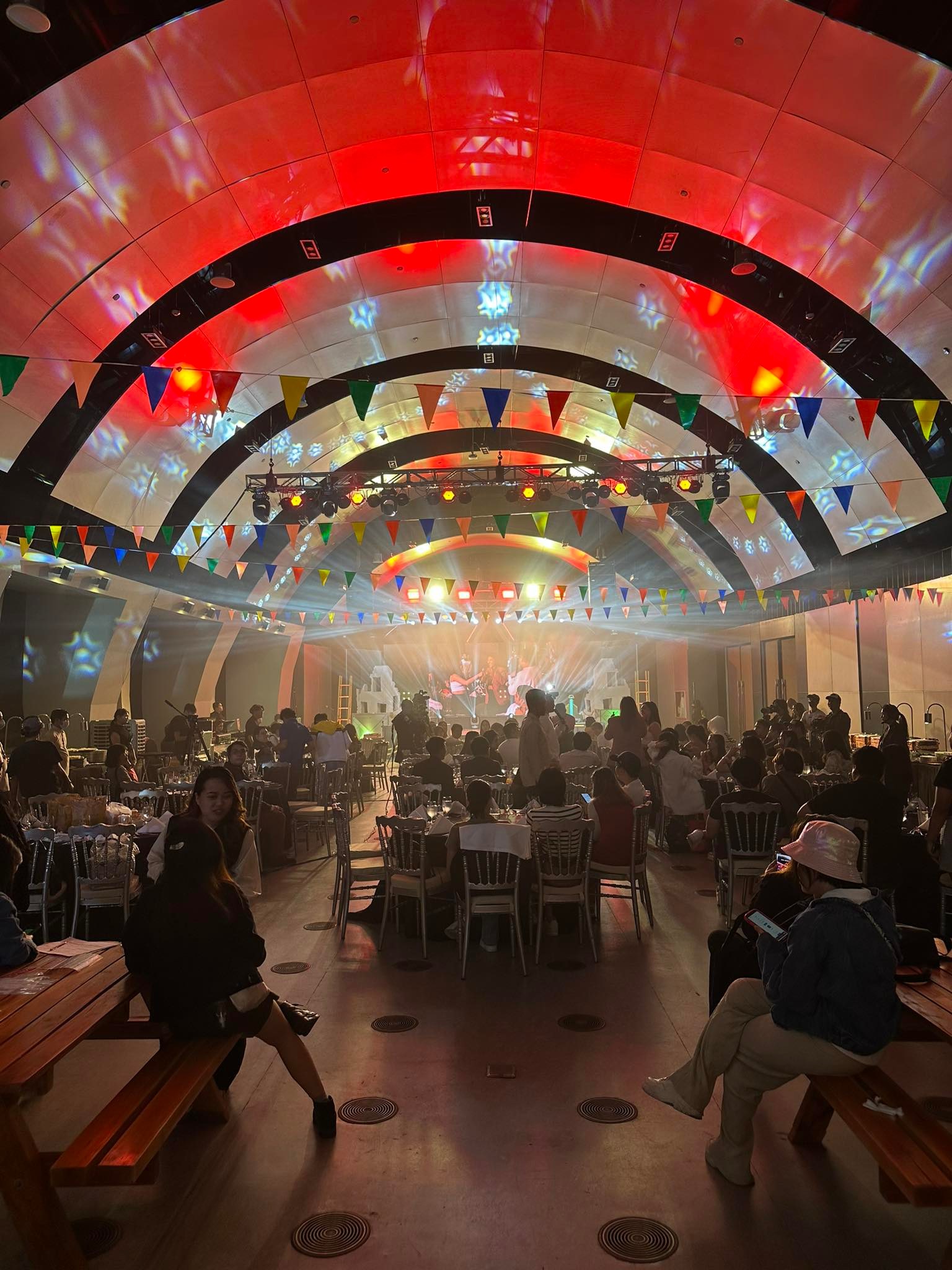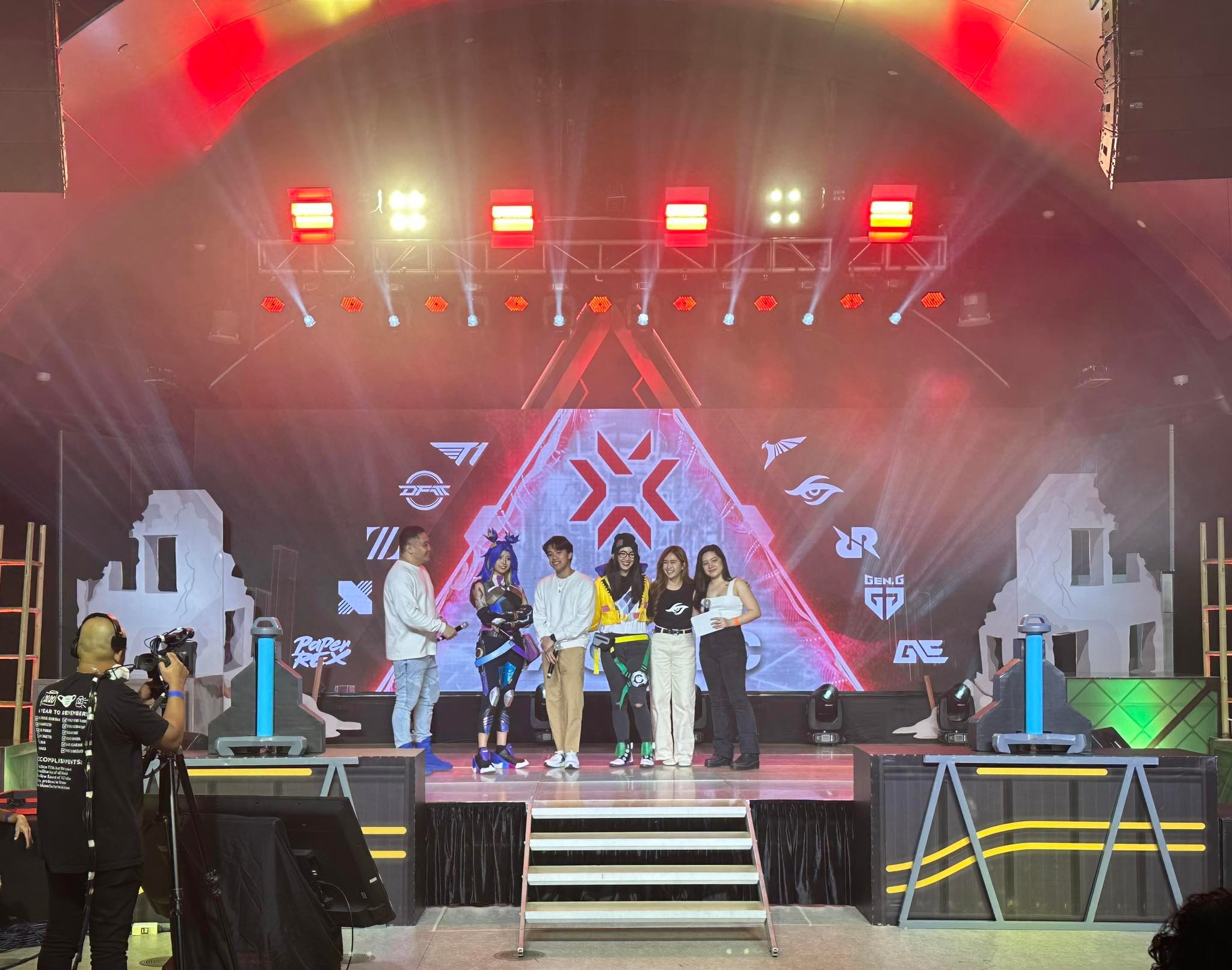Full Interview: Riot Games Philippines Country Manager Joel Guzman on the importance of community building
We talked with Joel Guzman about how Riot Games Philippines has been working to create an inclusive and thriving gaming ecosystem.

Riot Games has established itself as a major global player in the gaming landscape. Massively successful titles like League of Legends, Valorant, and Wild Rift have generated unforgettable moments for both casual and competitive groups.
However, what sets Riot Games apart is its commitment to community building. This aspect of their business has been particularly highlighted in the Philippines, where Country Manager, Joel Guzman, has been leading the charge in developing a strong and passionate community of gamers.
During the kickoff event of the VALORANT Champions Tour (VCT) Pacific League 2023 that happens last March 17, 2023, we talked with Country Manager Joel Guzman about his thoughts on how Riot Games Philippines has been working to create an inclusive and thriving gaming ecosystem. From organizing events to fostering local talent, Joel Guzman discussed the company’s approach to community building and how it has helped to elevate the gaming experience for players in the Philippines.
The following is the complete transcript of our interview with Joel Guzman (edited for clarity):
You previously mentioned that you have three pillars to focus on: the community, esports, foundation, and marketing. Let’s talk first about community. Gaming groups have had a long history in the country with Facebook, Discord, YouTube, etc. What’s Riot Games’ goal when it comes to building up a local gaming scene in these spaces?
JG: Community is very important. Number one, one of my first few hires is actually our Community Programs Manager. And she’s been hard at work even going as far as being an influencer manager. But at the end of the day, communities are what make and break Riot Games because it’s our secret sauce.
So you’re right, social media is number one in the Philippines because, you know, we’re 90% Facebook penetration, a lot of people are actually, you know, they’re still using Twitter, but a lot of people from our insights have found that Tiktok is now the main platform for sharing and creating.
So given the current media landscape, we’re definitely going to be focusing on a lot of campaigns that will address specific groups and communities because we also don’t want to have a shotgun approach because at the end of the day, we wanted to target gamers, whatever we do, from a local perspective will resonate with gamers and that’s our mission. Right? And we want it to be more strategic in that regard. So social media, a lot of community groups. Discord is also one of our key things because Discord is where Gen Z’s are now flocking to. So if you really want to tap Gen Z’s actually they’re not on Facebook, they’re in Discord.
When Riot Games decided to double down on the Philippines, what unique opportunities did you see happening here?
JG: One key thing that I mentioned I keep on mentioning that I really wanted to highlight is how different we [Philipines] are from an engagement standpoint. How, as Filipino gamers, we obviously follow a lot of local influencers and streamers. But it’s very unique because I think it’s only in the Philippines the same person following local talent is also following someone named Tarik somewhere on the other side of the globe, right?
Whereas you know in Japan, most people are really focused on their own local influencers but at the end of the day, they don’t resonate with someone like Pokimane or someone like Disguised Toast. But in the Philippines, that’s very, very common. Like me, I’m a fan of our local champions, but I’m also a fan of international so I think one of the flavors that we wanted to add is to hopefully leverage the fact that, people resonate with international influencers, why not work with international influencers so that we can bring them closer to our Filipino community?
So are you saying there’s a possibility that other international content creators will be coming to the Philippines soon?
JG: There’s always a possibility! Something to look forward to.
Can you talk more about the initiative Filipinos at Riot (FAR)? Since Riot Games’ official entry in the Philippines, how much has the company grown today?
JG: Oh my gosh. I’m so surprised when I got in and that got invited to the FAR group. I thought we were only gonna be 30 people. The FAR group Slack channel is actually over 200 people. I’m super surprised because I thought that I’m going to be Filipino employee number one, but no. There are a lot of Filipino Americans in our HQ in LA. Even in Singapore, there are a handful of Filipinos there. It’s a huge community and it’s only getting bigger as time passes so I’m excited to see what else we can do with that initiative.
Finally, what kind of vision does Riot Games have for its long-term presence and impact in the Philippines? How do you see your role evolving over the next several years, and what kind of goals do you hope to achieve?
JG: Number one is really penetrating communities. And then again, the secret sauce for Riot Games has always been listening to the people, listening to the game, and listening to the communities. What better way to do that than to be on the ground right? Think of the evolution of having a hub in Singapore. With previous campaigns, everything was all well and good but it’s still much different if there’s a local team focusing on their own region. From an insight, listening, or feedback perspective, we get it faster and we get to act on it faster as well because we understand the cultural context and nuances.
For me, the next year or two is really about trying to penetrate where these people are and trying to hear them out. What do you like about our games? What do you want to improve on? Receiving that feedback and taking it into account with our work.
That’s really the first step. I want to talk more about so many others after that but I believe we need a strong foundation first before we start building toward other things. Community, community, community.





